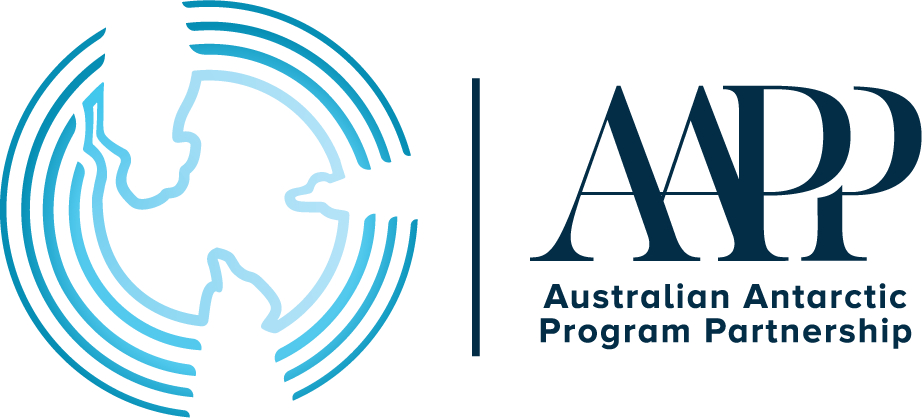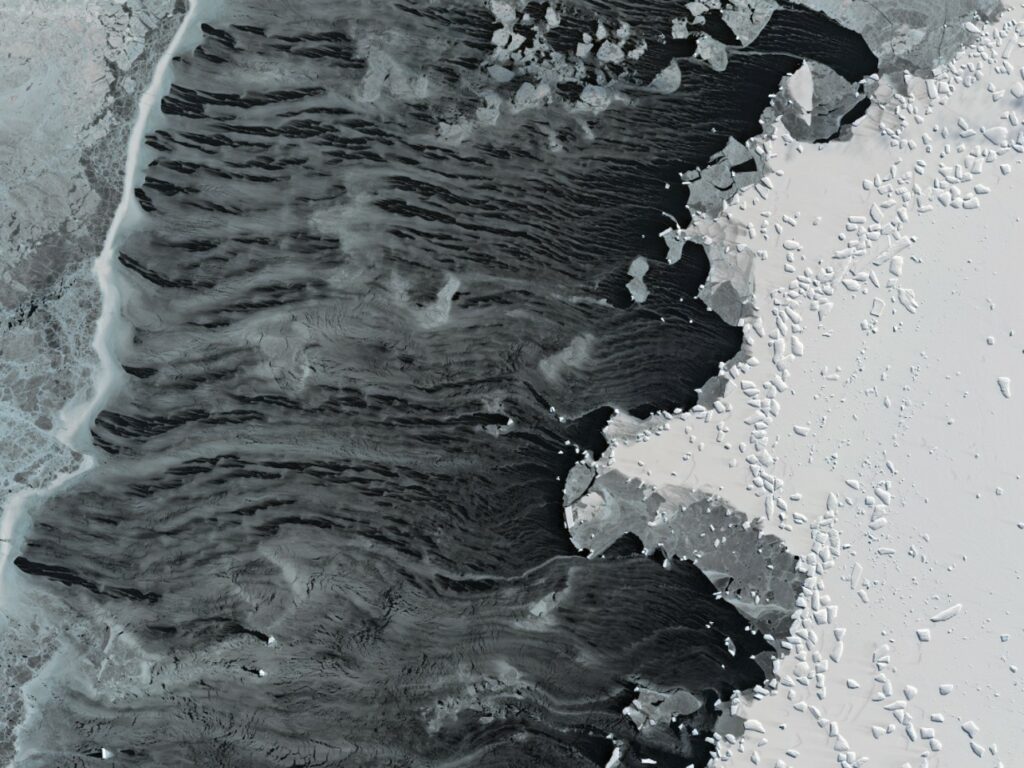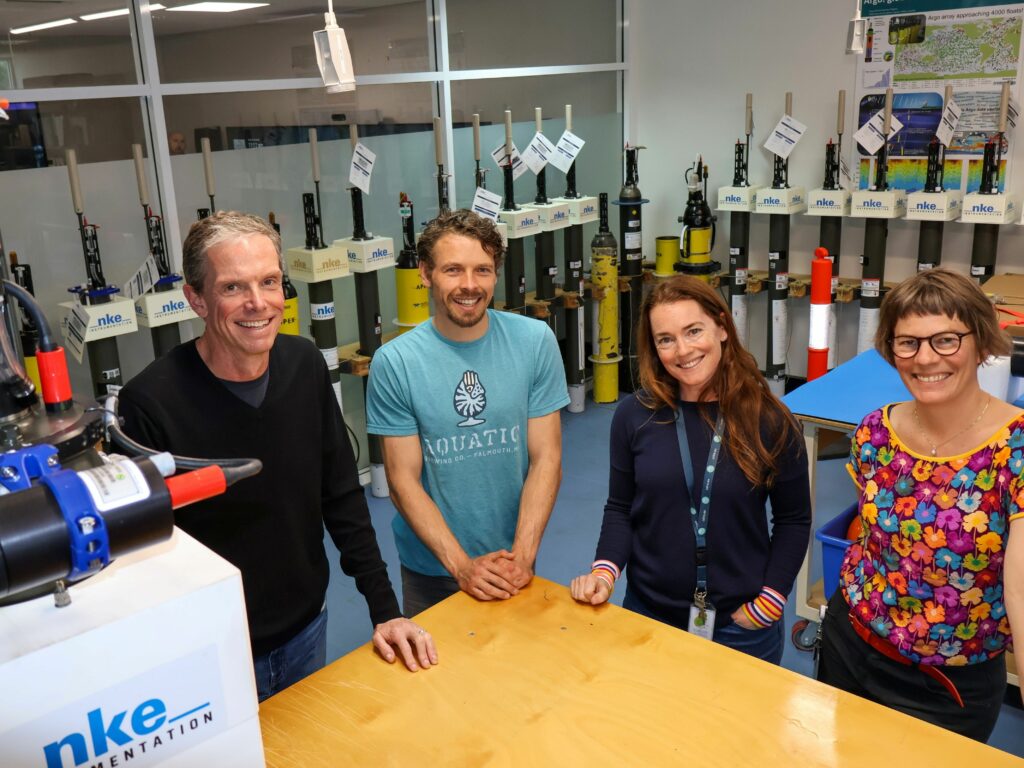Knut confirmed
Congratulations to Knut Heinatz, who passed his confirmation in December 2024.
Knut is now a second year Ph.D candidate researching the impact zooplankton can have on ocean productivity and therefore the ocean’s ability to store atmospheric carbon.
Zooplankton are an integral part of the biological carbon pump as they graze on the phytoplankton that take in carbon during photosynthesis and help transfer that carbon to the deep ocean. Phytoplankton growth, and the carbon they photosynthesise, is limited by the availability of iron (Fe), particularly in the Southern Ocean, where Fe levels vary with seasonal cycles. As the concentration of Fe in the mixed layer of the ocean decreases in summer and autumn, the main source becomes recycled Fe from the faecal pellets of zooplankton.
Previous studies have shown that the Fe content of zooplankton can vary by an order of magnitude, and Knut is now working on collecting more data for different zooplankton groups and identifying the mechanisms underpinning this variability. In the future he will use this knowledge to quantify how zooplankton-mediated Fe recycling affects ocean productivity and carbon export under different climate change scenarios by using the PISCES biogeochemical model.
AAPP marine carbon analytical chemist Dr Gemma Woodward spoke to Knut about the first year of his PhD project:
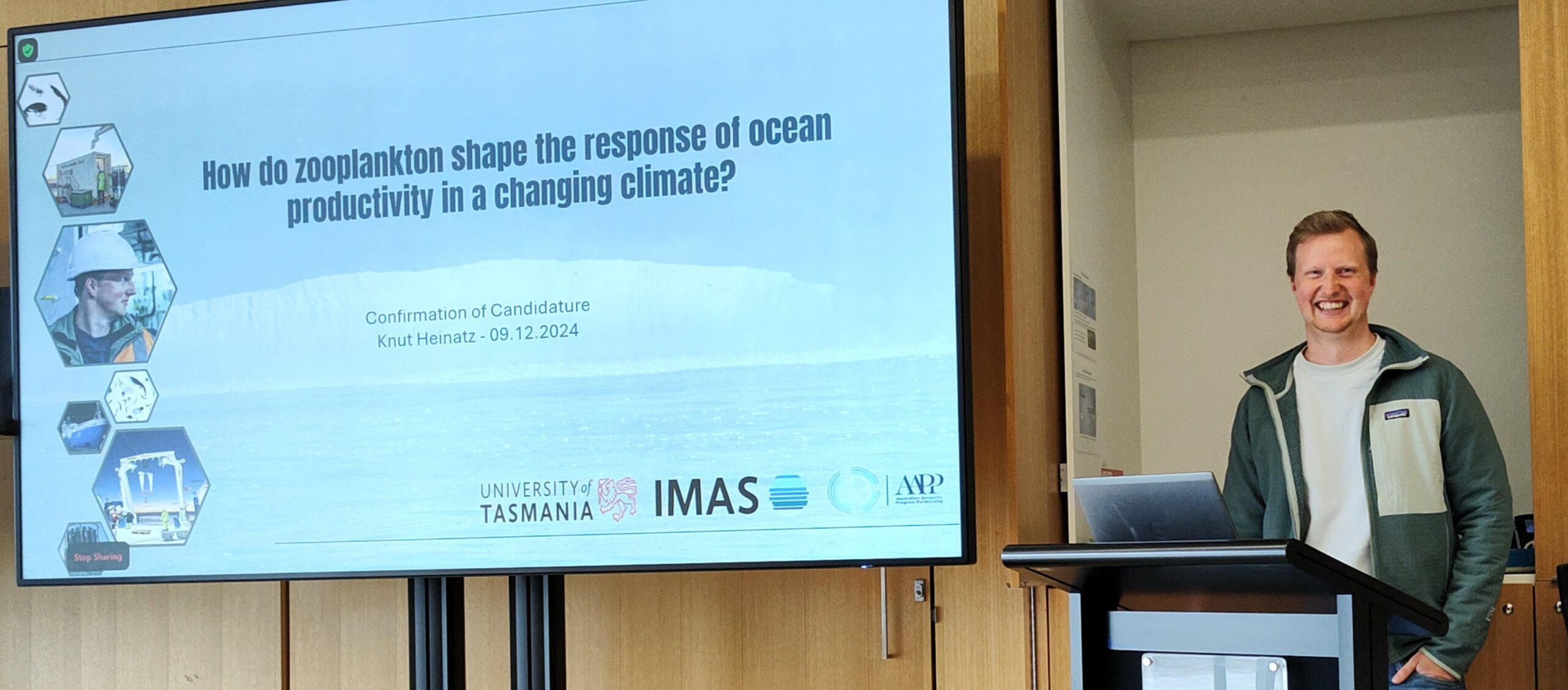
What has been the highlight of your work so far?
Participating in the MISO (Multidisciplinary Investigation of the Southern Ocean) voyage and being able to experience the rough environment of Antarctica while getting my own samples.
What inspired you to study this area of science?
I am fascinated by the broader processes that govern the interactions between the ocean and the climate. I focus on understanding how this complex and interconnected system works, and trying to identify the mechanisms that drive changes in ocean dynamics, biogeochemical cycles and their feedback effects on the Earth’s climate system.
Why is your research important?
Today, zooplankton is the biggest uncertainty in biogeochemical models that are used to model biogeochemical processes in the ocean, which feed back into our climate models. Climate models become more and more important in our changing climate, and my work will contribute to the improvement of these models.
How does this differ from other work in the field?
As I am combining chemical and physical processes in the ocean with biology, my work is very complex and I need to have a broad understanding of these different fields.
Knut is based at the Institute for Marine and Antarctic Studies at the University of Tasmania and is working under the supervision of Andrew Bowie, Lavenia Ratnarajah, and Kerrie Swadling.
→ MORE AAPP RESEARCH STORIES HERE
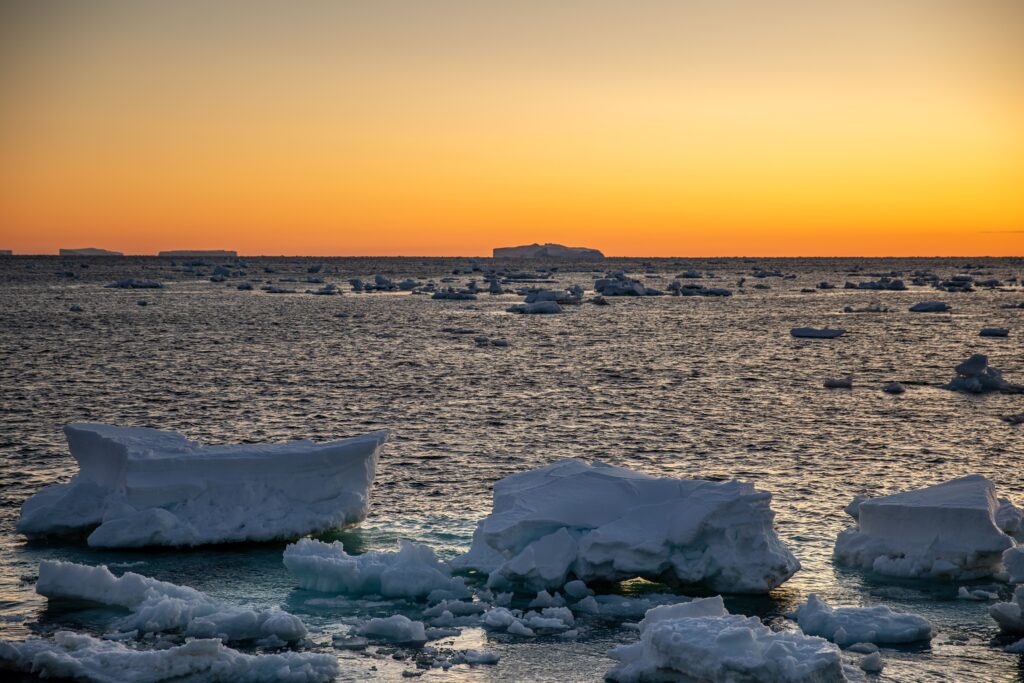
One of Knut’s photos from the 2024 MISO voyage
